Effective contract management is vital for any organization’s success. It ensures that contracts are executed efficiently, deliver value, and mitigate risks. Key Performance Indicators (KPIs) play a pivotal role in evaluating and improving the contract management process. In this article, we’ll see three crucial KPIs for contract management: Contracting Process Efficiency (CPE), Contract Performance and Value (CPV), and Contract Risk Management (CRM).
Contracting Process Efficiency (CPE)
Contracting Process Efficiency (CPE) measures how efficiently an organization handles the entire contract lifecycle, from initiation to closure. A well-optimized contracting process can save time, reduce costs, and enhance overall productivity.
Key CPE Metrics:
Contract Cycle Time: The time taken from contract initiation to execution.
Contract Redlining and Revisions: The number of iterations and revisions before finalizing a contract.
Contract Approval Time: The time it takes for contracts to be reviewed and approved.
Contract Compliance: The percentage of contracts that adhere to internal policies and external regulations.
Contract Costs: The cost associated with managing the contract process, including legal fees, administrative expenses, and software costs.
By tracking CPE metrics, organizations can identify bottlenecks, streamline processes, and ultimately reduce the time and resources required for contract management.
Contract Performance and Value (CPV)
Contract Performance and Value (CPV) KPIs focus on the outcome of contracts, ensuring that they deliver on their intended objectives and provide value to the organization. These KPIs help organizations evaluate the effectiveness of their contracts and vendor relationships.
Key CPV Metrics:
Contractual Obligations Fulfillment: The extent to which parties meet their contractual commitments.
Value Realization: The actual value delivered compared to the expected value outlined in the contract.
Customer and Vendor Satisfaction: Feedback and satisfaction levels of both parties involved in the contract.
Renewal Rates: The percentage of contracts renewed upon expiration.
Cost-Benefit Analysis: Comparing the costs incurred against the benefits gained from a contract.
CPV KPIs enable organizations to assess the success of their contracts, identify areas for improvement, and make informed decisions about renewals, renegotiations, or terminations.
Contract Risk Management (CRM)
Contract Risk Management (CRM) KPIs are crucial for identifying, mitigating, and managing risks associated with contracts. Effective risk management safeguards an organization from potential legal, financial, and operational challenges.
Key CRM Metrics:
Risk Assessment: Evaluating the level of risk associated with each contract.
Risk Mitigation Effectiveness: Tracking the success of risk mitigation strategies.
Contractual Disputes: The number and nature of disputes arising from contracts.
Compliance Violations: Instances where contracts or related activities violate regulations or policies.
Contractual Liability: Assessing potential liabilities and their financial implications.
By monitoring CRM KPIs, organizations can proactively address risks, implement necessary safeguards, and reduce the likelihood of costly disputes or legal issues.
Contract management is a multifaceted process, and KPIs are invaluable tools for ensuring its effectiveness. Contracting Process Efficiency (CPE), Contract Performance and Value (CPV), and Contract Risk Management (CRM) are three essential categories of KPIs that provide a comprehensive view of an organization’s contract management efforts.
To facilitate the efficient tracking and management of these KPIs, organizations can turn to innovative Contract Lifecycle Management (CLM) software solutions like Bounsel Flow. Bounsel Flow streamlines the entire contract lifecycle, from creation and negotiation to approval and storage. It offers real-time insights into contract status, compliance, and performance through intuitive dashboards and reporting tools.

By leveraging the power of CLM software like Bounsel Flow, organizations can proactively address contract management challenges, optimize contract outcomes, and minimize risks. This strategic approach to contract management not only enhances operational efficiency but also contributes to better financial outcomes, ensuring that contracts become a valuable asset rather than a liability. Embrace the future of contract management with Bounsel Flow and take control of your organization’s success.









